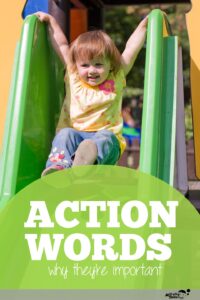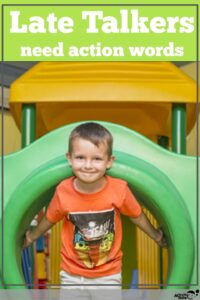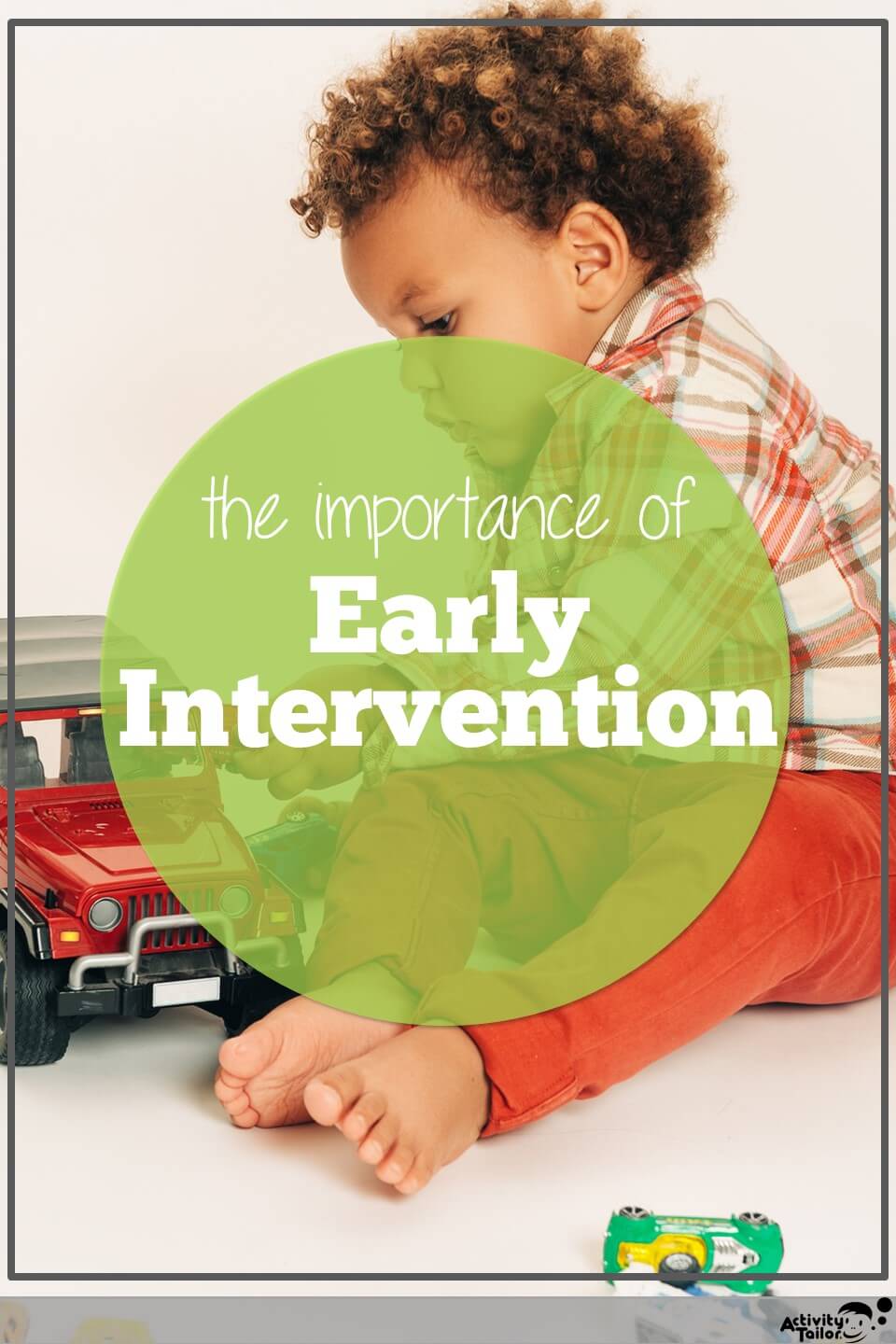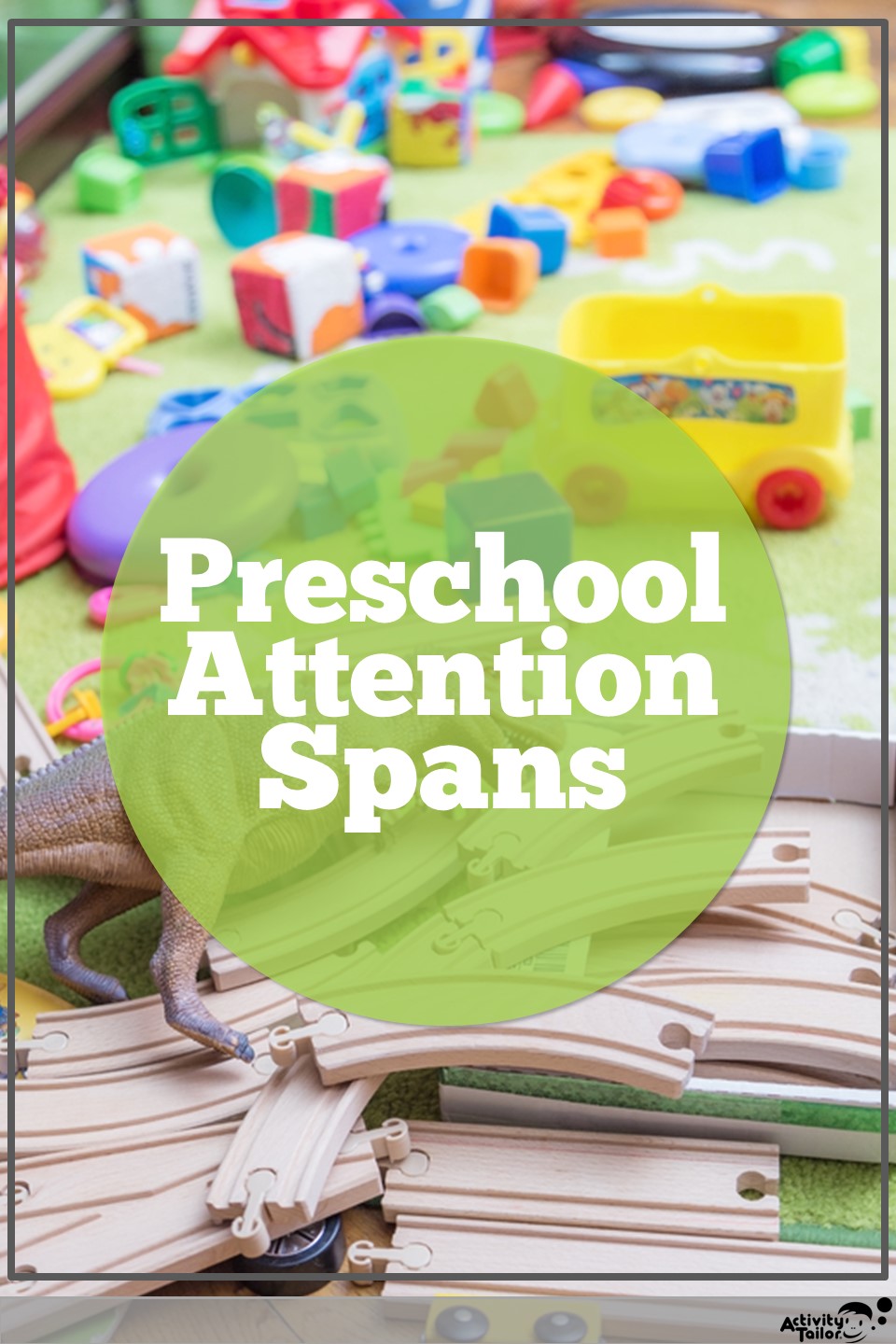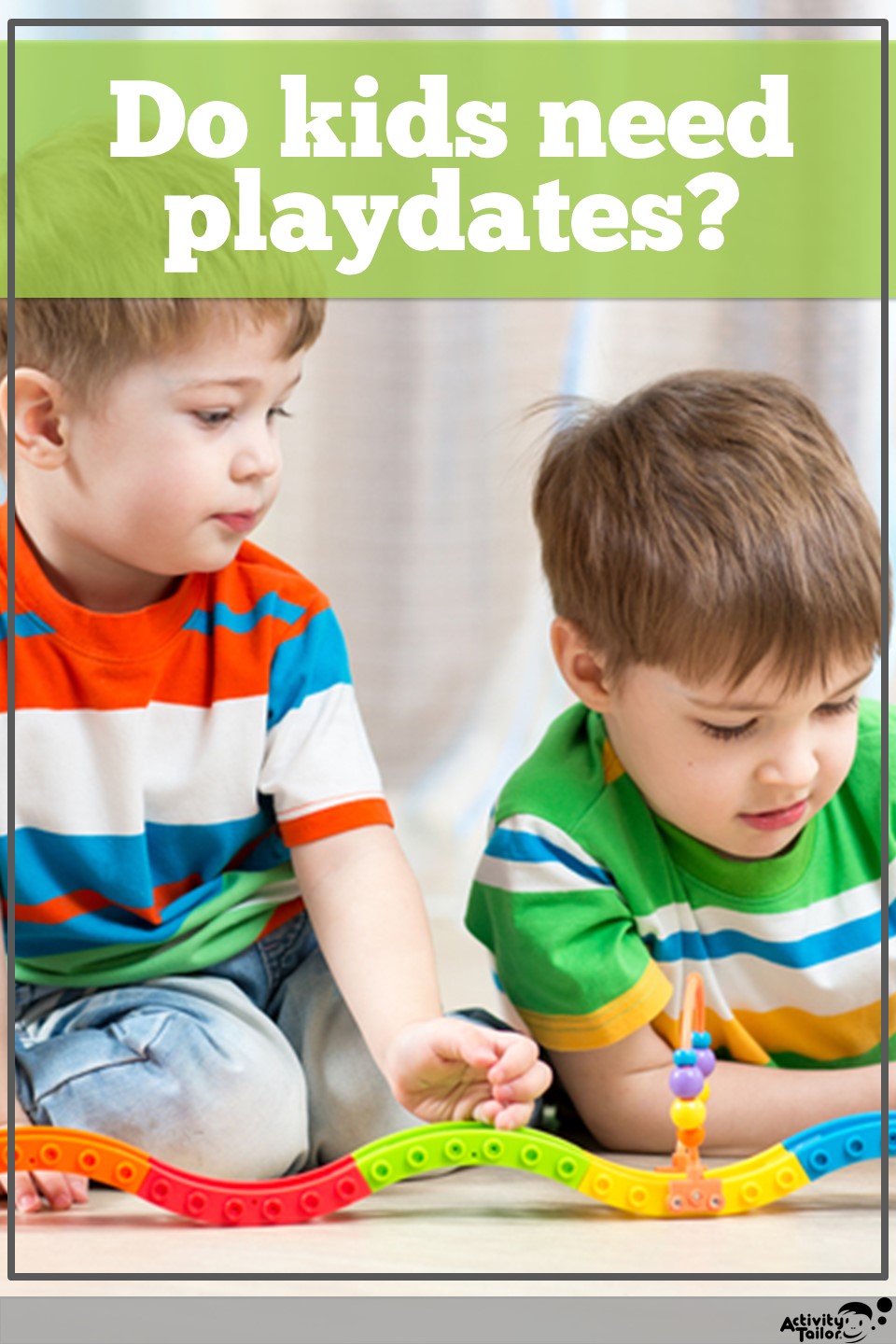The role of verbs in language development
The first words children say are almost always labels for common (to them) objects or people. Makes sense, right? It’s easier to attach meaning to a noun especially one that we have a lot of experience or interaction with.
As little ones start building their vocabulary, you’ll find they move on to a wider variety of words.
Social words/greetings: These are words like “hi” and “bye” and ones that go along with social games like “peek-a-boo” (even if it’s shortened to just the “boo”).
Verbs: These begin as labels for actions like “jump” and “eat” and include linking verbs like “is.”
Descriptive words: Both adjectives and adverbs add color to our communication. Words like “big” or “red” or “fast.”
Prepositions: Position words give us a little more information on the location of things from “next to” or “on” or “out.” Prepositions are particularly helpful for giving and understanding directions.
Grammar lesson over!
It matters less whether you can accurately name the parts of speech. What’s important is that we recognize there is a variety of word types.
All of the above are important, but I would argue that action words, or verbs, are going to be particularly important for our late talkers.
Why Action Words are Important
We often think of a “late talker” as a child who is behind in starting to talk, but it also includes children who get “stuck” a the one-word level and fail to make the jump to word combinations.
The reason they don’t move on to word combinations is because they don’t have enough word variety to make combinations.
Typically developing children usually have a vocabulary of 35-50 words before they start making word combinations.
Late talkers are more likely to add more and more words to their vocabulary, but don’t move to combinations. Why? Because their vocabulary is so noun heavy! And when you only have a list of nouns at your disposal, it’s hard to create a meaningful combination!
Because of this, when you have a late talker it’s important to focus on building variety in their vocabulary. Verbs are an important part of this!
How to encourage action words
You can do this by attaching meaning to the actions that they enjoy watching or performing or see most often.
| Noun focus: | Verb focus: |
| Time for books! | Let’s read. |
| Doggy’s food. | Doggy eats. |
| There’s Daddy. | Hug Daddy! |
| Ooo, fast car. | The car drives. |
While attaching meaning to an object is easier, action words are often fun for late talkers who are likely to be more motor driven than language driven.
A few common first verbs are: give, go, look, break, sing, dance, sleep, stop and eat.
Looking for more support in assisting your little one? Check out my workbook, Intentionally Parenting Late Talkers, where we go step-by-step through all the techniques to get your late talker talking or register for the How to Teach Talking webinar. Questions? Email me at [email protected].
SLPs, need parent handouts to support the families you work with? Click here for more Early Language Parent Handouts.


